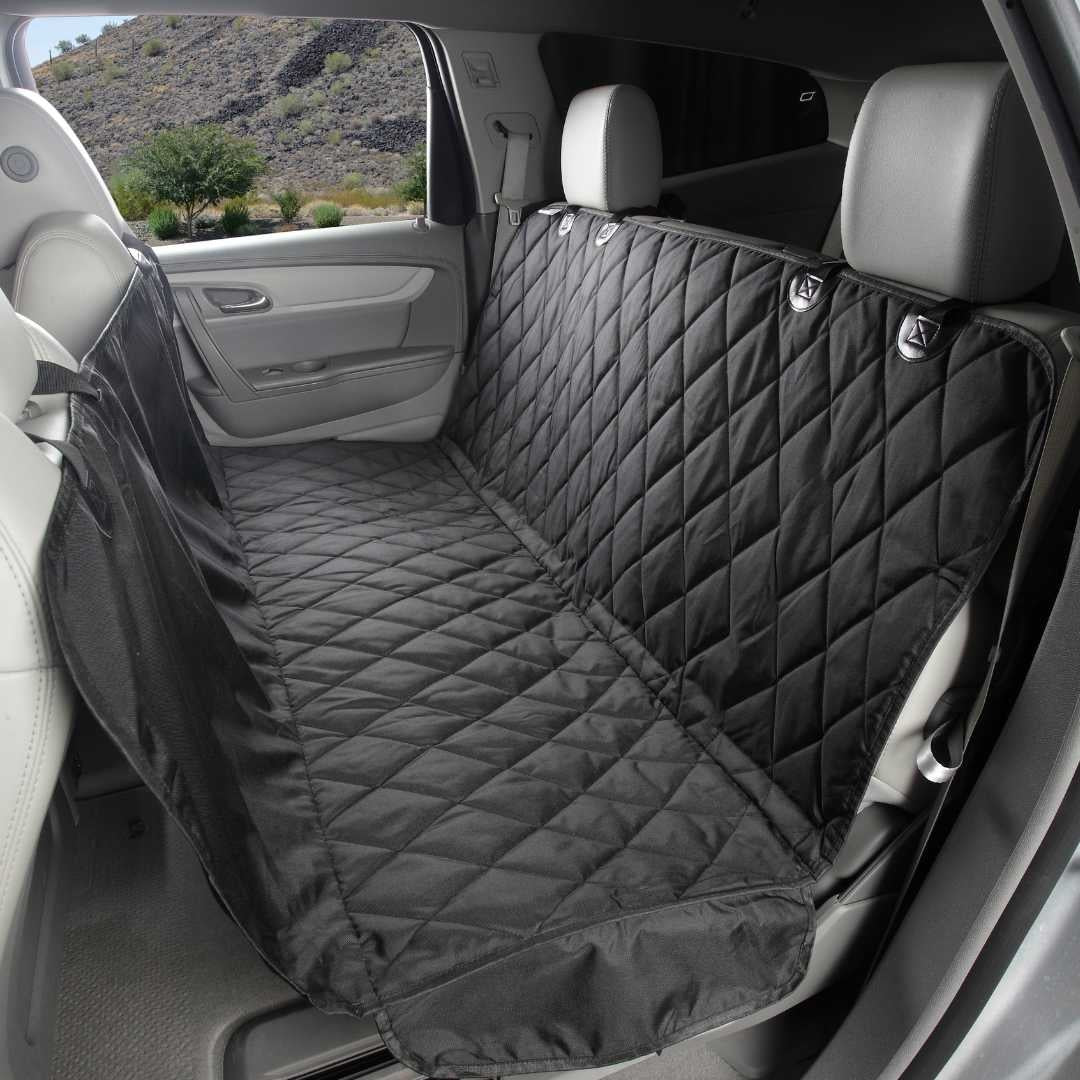An Alternative to Hip Dysplasia Surgery For Dogs
Hip dysplasia in dogs is an abnormal formation of the hip socket that can eventually cause crippling lameness and painful arthritis of the joints. As a caring pet owner, we are willing to go to great lengths (and costs) to care for our pets and make sure they are pain-free and feeling good.
Traditional medicine recommends surgery which can cost close to $5,000! But there is an alternative to traditional surgery that is pain-free and less invasive to your pet.
Prolotherapy, also known as ligament reconstructive therapy, is a non-surgical orthopedic procedure used on both humans and animals. Prolotherapy consists of injecting a “proliferating” agent (such as dextrose or vitamin B12) combined with lidocaine, into the affected tendons or ligaments where they attach to the bone.
I’ve had tremendous success treating dogs with prolotherapy and keeping them out of the operating room.
Prolotherapy’s success rate is about 90 percent, which is equal to surgical intervention. It can also be used as a preventive treatment by keeping tendons and ligaments strong and joints stable.
The solution acts as an irritant, stimulating the body’s immune system to “proliferate” – or rebuild – new tendons or ligaments at the injection site. This new connective tissue strengthens and stabilizes the afflicted joint, relieving pain.
Prolotherapy is an excellent alternative to surgery for many dogs with chronic joint pain. It can restore joint stability without the pain, risks, and extended recovery time of surgery.
Prolotherapy can treat a variety of conditions, including:
- Arthritis
- Hip Dysplasia and hip laxity and pain (DJD)
- Chronic tendonitis - Elbow Dysplasia
- Anterior Cruciate injury (ACL) - ligament injury
- Intervertibular disc disease
- Neck and back pain
- Spinal stenosis
- Sprained ankles and wrists
- Partially torn tendons-anywhere in the body
- Ligaments and cartilage
Prolotherapy is generally administered as a series of injections spaced between one and four weeks apart. "Most dogs show positive results in one-to-three treatments but the key is to work with an experienced veterinarian who can determine your dog’s needs."
Although prolotherapy must be repeated approximately every year, the cost is far less than surgery, and the side effects are minimal. The most common side effect is lidocaine sensitivity, which can cause vomiting.
Before going under the knife, it’s worth looking into alternatives that will alleviate pain for your pet (and your wallet).
Dr. Babette Gladstein
Dr. Babette Gladstein practices integrative medicine in the greater New York area. For more information please visit her website: http://www.drbabette.com/, also her: Facebook page





